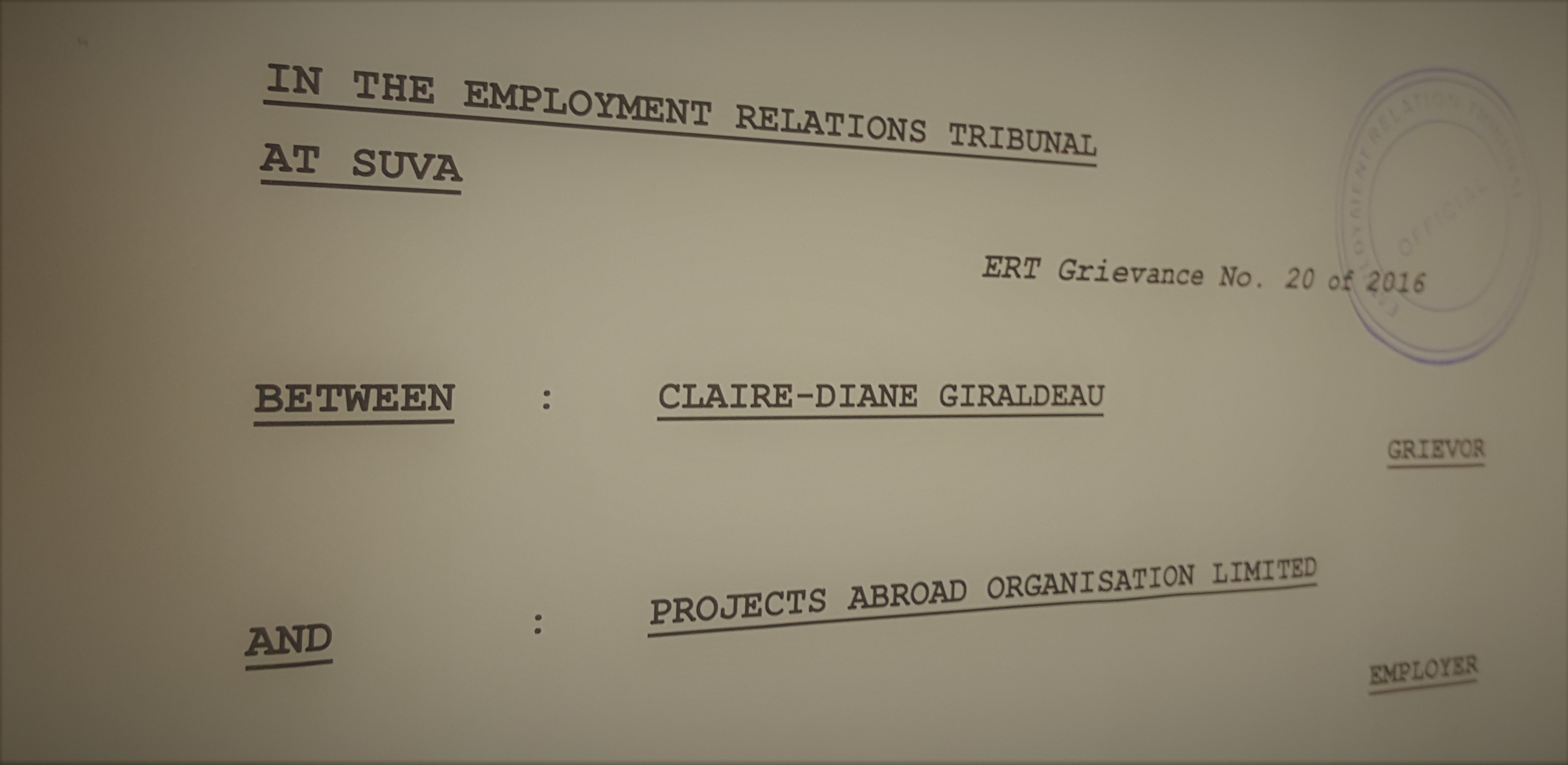Pursuant to Fiji law, in situations of serious employee misconduct the employer has two choices, either:
- a summary dismissal for cause (as set out in section 33 of the Employment Relations Act) when the employer is certain of the facts and those facts warrant immediate termination of employment; or
- to undertake a disciplinary inquiry to ascertain all the facts and then, if those facts are proven, take appropriate disciplinary action that may include termination of employment, suspension from employment or written warning.
In both situations, the employer is acting “for cause” and, if the employer terminates the employee’s employment, must provide the employee with written reasons for the termination of employment at the time of termination.
In this employment law update we consider summary dismissal (on the spot termination without a disciplinary inquiry process) and note that a recent judgement of Sanjay Lal v Carpenters Fiji Limited (Sanjay Lal v Carpenters) issued from the Employment Relations Court (“ERC”) on 10 August 2018 provides some useful guidance from the ERC in relation to summary dismissal.
In a previous commercial legal update we provided some general information regarding the employer's duties relating to dismissing an employee for misconduct. This update can be found: here





